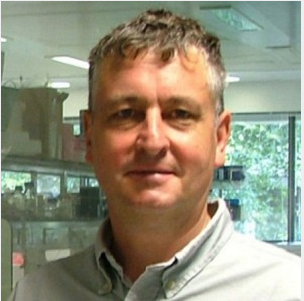Autophagy is a membrane trafficking pathway that generates autophagosomes which deliver cytosol to lysosomes for degradation. Autophagy provides a powerful means of removing intracellular pathogens and is an important arm of innate immunity to infection. We are interested in understanding how autophagy is activated during virus infection and determining the effects of autophagy on the outcome of disease. We study the role played by specific viral proteins in activating autophagy in cells, and have generated mouse models to study the role played by autophagy in controlling viral infection of specific tissues ‘in vivo’.
Recent genome wide association screens have identified autophagy gene Atg16L1 as a risk allele for Crohn’s disease, an inflammatory disease of the bowel. Susceptibility to Crohn’s disease is also linked to mutations in NOD2, a microbial sensor that activates autophagy during infections. We are investigating whether the inflammation seen in Crohn’s disease is caused by defects in the control of microorganisms by autophagy in gut epithelial cells.
Many human diseases are caused by defective genes and there is great interest in developing gene therapy vectors to replace genes associated with specific illnesses. Many gene therapy vectors are based on viruses and cationic polymers. We are interested in understanding how autophagy pathways respond to these vectors and whether they slow gene delivery into cells.

